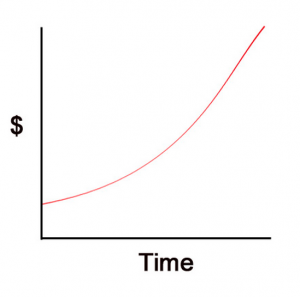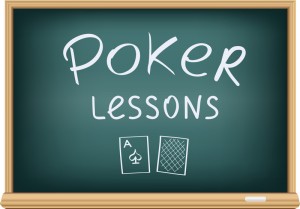
Poker Theory
Dive deep into the strategic realm of poker with our “Poker Theory” category at Internet Texas Hold’em. This section is dedicated to dissecting the complex layers of poker, offering players a profound understanding of the game’s dynamics. From exploring the perennial debate on poker being a game of luck versus skill to providing strategies for tackling poker maniacs, our articles aim to enrich your poker intellect.
Topics such as “Selecting Good Poker Tables: Finding the Best Fish” illuminate the art of table selection, while pieces like “Why Every Poker Player is Unlucky” delve into the psychology of perceived luck.
Our “Poker Theory” category serves as a comprehensive guide to elevate your game. Embark on this enlightening journey and transform your approach to the poker tables!


What do you do when you know you are beat?
discusses the strategic depth of poker, emphasizing the importance of reading opponents and understanding when to exploit perceived weaknesses, even when you believe your hand is inferior
Am I Delusional?
author's poker strategy after bluffing off 125 big blinds, analyzing the hand in detail, and seeking feedback from the poker community to determine if the play was justified or a result of delusional thinking
What Makes a Bad Poker Player
characteristics and traits that can hinder a person's success in poker, emphasizing the importance of mathematical understanding, discipline, long-term perspective, emotional stability, and ethical considerations
Selecting Good Poker Tables : Finding the Best Fish
strategies for identifying poker tables with inexperienced players, emphasizing the importance of observing player behaviors, usernames, and other indicators to maximize profit potential and exploit weaknesses in opponents' gameplay
Who is the Most Confident?
the pros and cons of multi-tabling versus playing at higher stakes in poker
More Poker Lessons From My Daughter
author's experiences teaching his daughters poker, highlighting a particular game where one daughter's play style was perceived as fearless and unpredictable
Poker Luck and Skill : Variance or Bad Play?
the intertwined roles of luck and skill in poker, emphasizing that both factors contribute to a player's results
The Complete Guide to Playing Poker Maniacs
strategies and tips for playing poker against aggressive players, often referred to as "poker maniacs," emphasizing the importance of patience, position, and hand selection
Bluffing in the WSOP Main Event Part I
the strategic advantages of having large chip stacks in the World Series of Poker main event, highlighting specific hands the author played, including a memorable bluff against a solid player and the dynamics of playing against poker legend Doyle Brunson
Why Every Poker Player is Unlucky
the inherent role of luck in poker, arguing that every player experiences both good and bad luck in various forms, and emphasizes the importance of recognizing these nuances, avoiding the trap of selective memory, and focusing on making informed decisions rather than dwelling on perceived injustices in the game
Schooling – Playing in Loose Poker Games
the concept of "schooling" in poker, where a group of poor players, referred to as "fish," collectively protect each other in a game, making it challenging for skilled players to win

